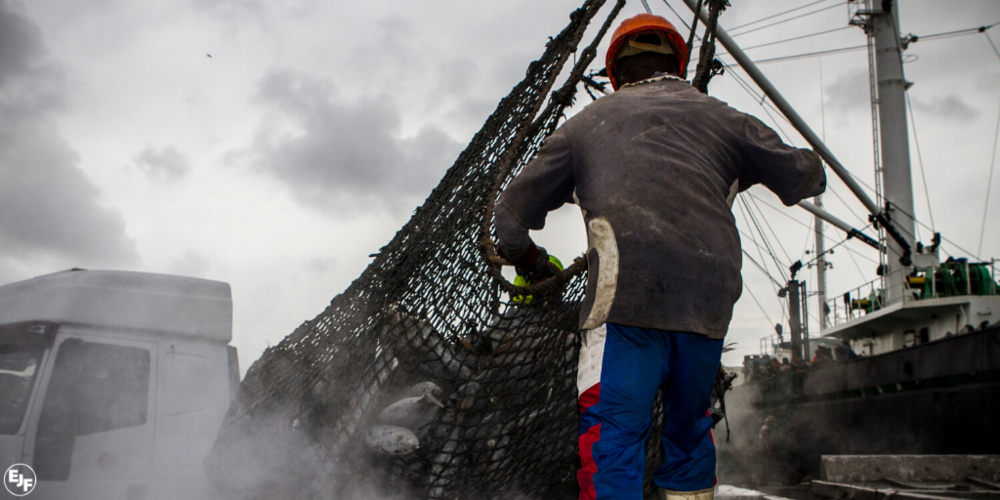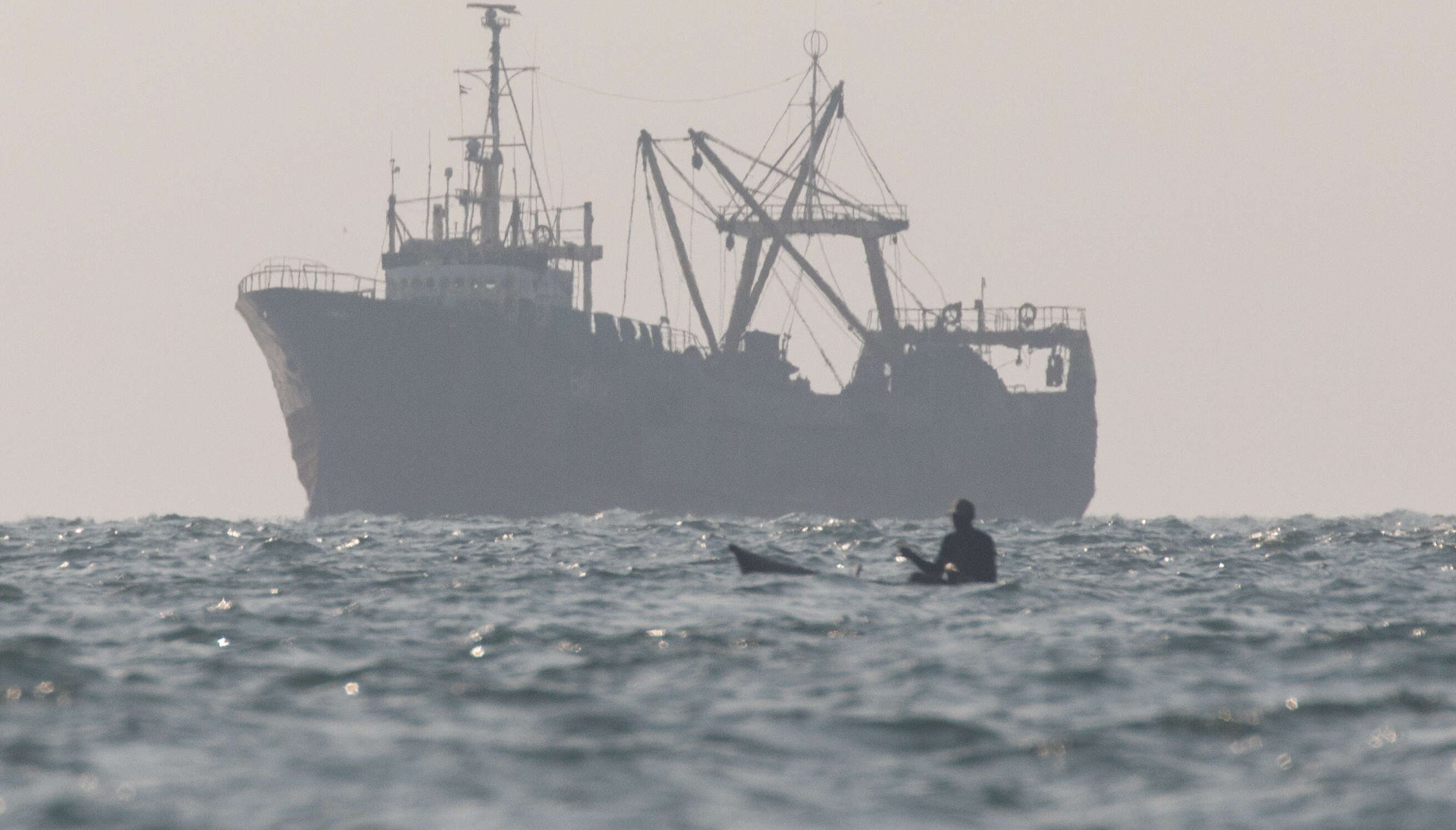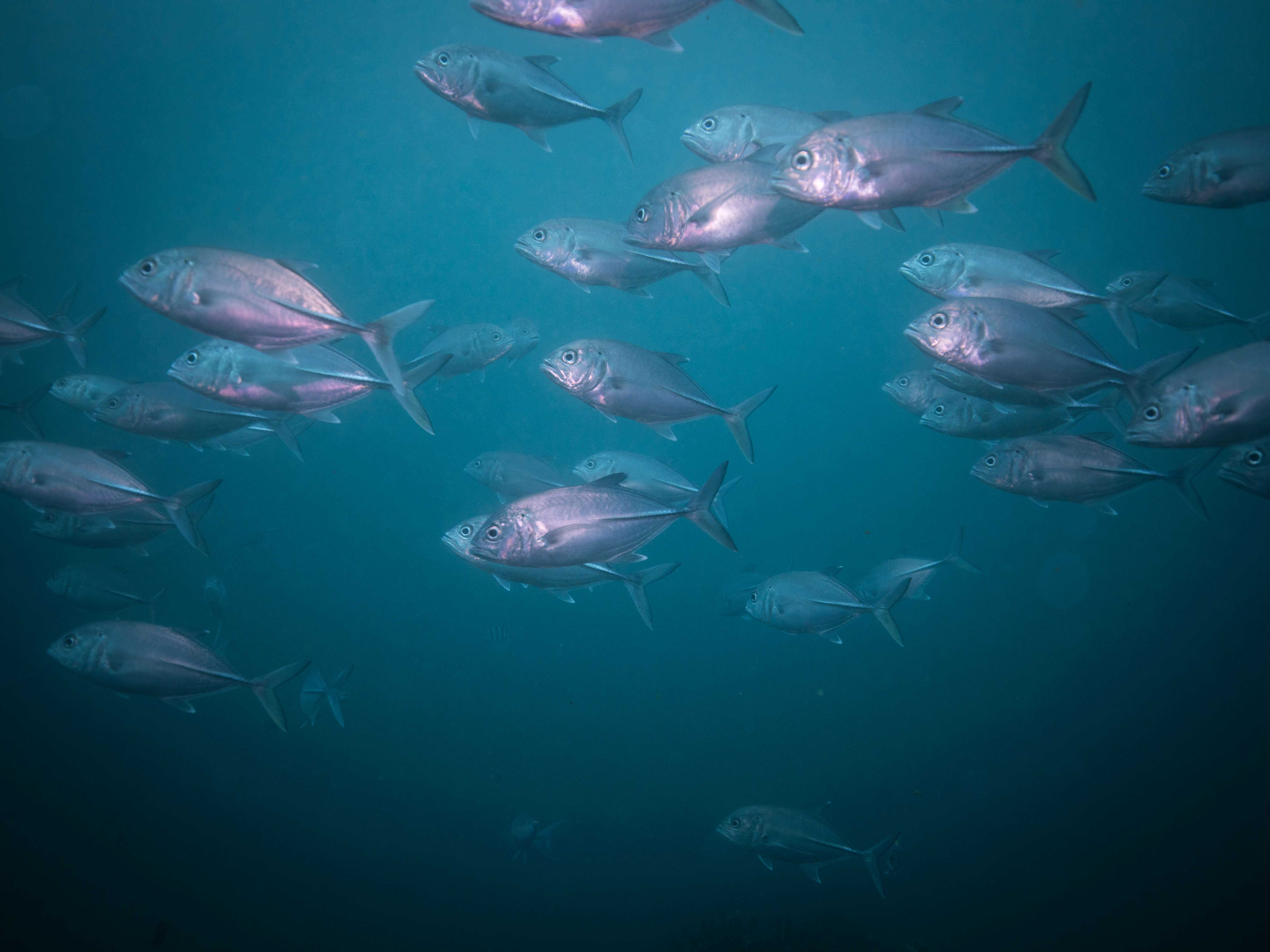
Toolkit for tackling illegal fishing and abuse at sea
A toolkit which supports seafood companies to take the steps they need to ensure their seafood is free of illegal fishing or human rights abuses is now freely available.
Consuming or buying seafood can come with many hidden costs. A lack of transparency in seafood supply chains has been linked to slavery, child labour, food insecurity and the loss of livelihoods. Without traceability, businesses can’t know if they are participating in supply chains which drive these abuses. A toolkit which allows businesses to assess their supply chains, improve traceability and ensure their seafood is legal and ethical is the first step to ending these crimes, and can be downloaded here.
This toolkit, a Code of Practice known as PAS 1550:2017, provides detailed recommendations and best practice advice to support due diligence efforts to assess and minimise the risk of seafood stemming from illegal, unreported and unregulated fishing sources.
Reflecting the growing concerns of businesses regarding human rights issues in seafood supply chains, it also includes recommendations designed to help assess whether imports were produced adhering to decent working standards, with reference to the requirements of the International Labour Organization’s Work in Fishing Convention (ILO C188).
It’s a practical document which includes guidance on information that can reasonably be requested by processors, importers, buyers and other seafood supply chain actors as part of their existing in-house due diligence processes and risk assessments. This includes recommendations to establish robust traceability systems to enable tracking from origin to end-product.
The Code of Practice was co-developed with leading experts from the seafood industry, originally under the auspices of the British Standards Institution (BSI), with consensus with many stakeholders from the seafood industry along with the Environmental Justice Foundation (EJF), The Pew Charitable Trusts, Oceana and the World Wide Fund for Nature (WWF). It was published under licence from the BSI and came into effect on 31 July 2017.
To ensure it is readily available to anyone in the global seafood industry, EJF, Pew and WWF have made the Code of Practice freely available for download through the Fish Forward 2 Project, which is co-funded by the European Union. Its content does not necessarily reflect the views of the EU.
Understanding & minimising the risk of importing illegally caught seafood must be part of every company's due diligence, and the first step is knowing what information is required. For the first time, this toolkit is now freely available to answer these questions.
For for a copy of the report, and to discuss any questions about implementation, please contact Max Schmid at max.schmid@ejfoundation.org.
SIGN UP FOR OUR EMAILS AND STAY UP TO DATE WITH EJF

